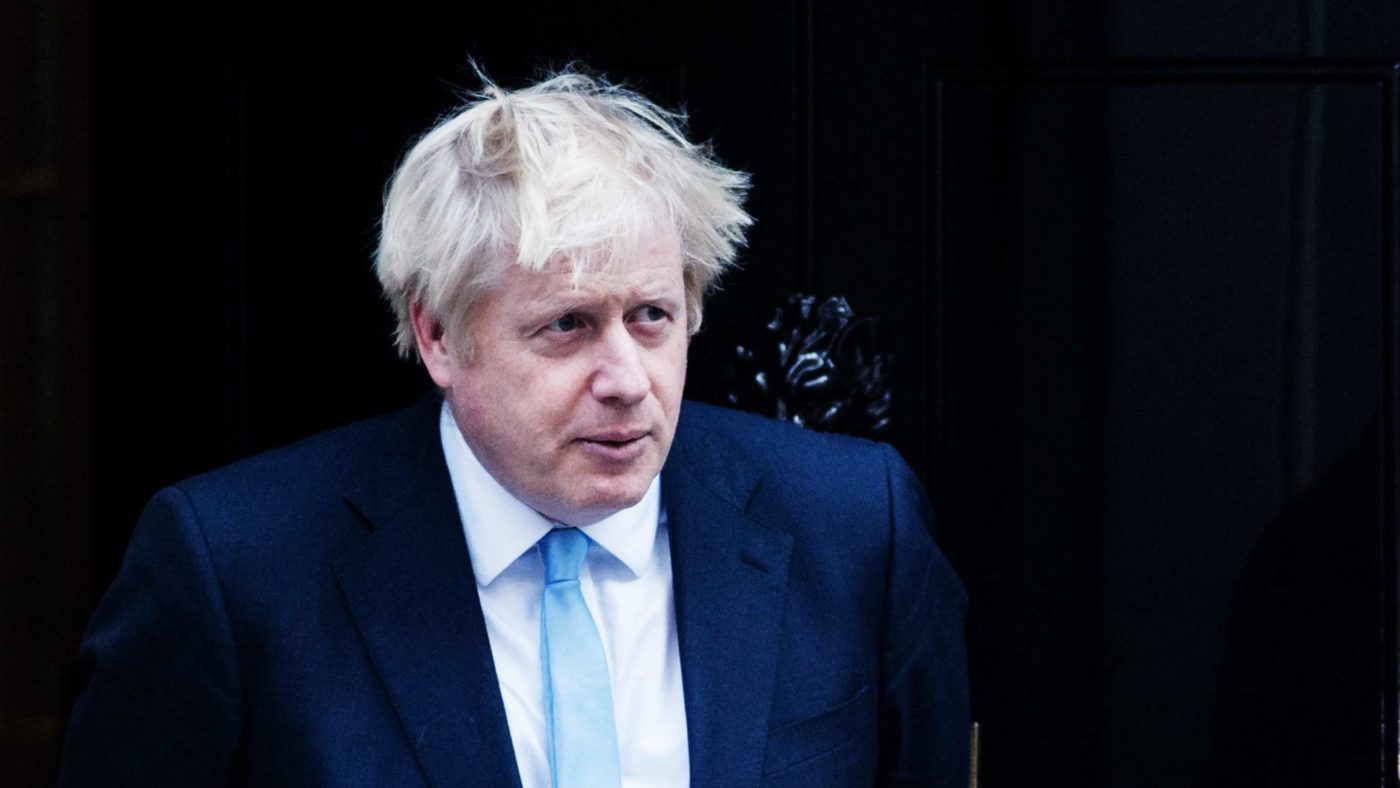By any standards, this has been one hell of a week in Westminster.
In the maelstrom of No Deal votes, defections, resignations, chicken suits and fainting police cadets, trying to read the runes has been an arduous task. One thing most people are agreed on, however, is that a general election is in the offing. When exactly it will be is both crucial and, for now at least, impossible to predict with any certainty.
The rebellion of 21 Tory MPs and the resignation of his younger brother are, to put it mildly, far from optimal for Boris Johnson. But in the longer term, neither is the fatal blow some pundits might have you believe. That does not, of course, lessen his twin electoral challenges of retaining seats in pro-Remain areas and beating back the Brexit Party elsewhere.
An election will not happen until the end of October at the earliest, at which point this week’s events will be a distant memory for most voters. For better or worse, politics is an impressionistic business, and many of those who tune in for the odd news bulletin will probably have seen exactly the ‘PM vs Parliament’ showdown that Mr Johnson wants them to.
And although much ink is understandably spilled on questions of process, the British public are unlikely to give two hoots precisely how we arrived at the election when polling day comes, especially when it is so obviously the only realistic prospect of breaking the Brexit impasse.
As for the shape of that contest, while few in Downing St will be jumping for joy after the last few days, there are reasons for cautious Tory optimism.
He may provoke the ire of leftwingers on Twitter, but Mr Johnson remains a far more potent asset to his party than Jeremy Corbyn is to Labour. Equally importantly, since becoming Prime Minister he has had a consistent, simple position on Brexit that voters will get straight away. Add a slug of extra cash for public services and Johnson has his message: get Brexit done, more money for schools, police and hospitals.
Labour, in contrast, are in the bizarre position of saying they will renegotiate a Brexit deal, only to then campaign for Remain in a subsequent referendum. The kind of ambiguity that was seen as constructive in 2017 now looks like a liability. They are also unlikely to be able to pivot easily on to other issues the way they did two years ago – this will be a far more genuinely single issue election than the one Theresa May had hoped for.
With the Liberal Democrats polling consistently well, and enjoying a level of publicity they have not enjoyed for some time, a degree of vote-splitting on the pro-European left looks certain – not least as Jeremy Corbyn’s impression of a second referendum enthusiast has been much less convincing than his 30 plus years of euroscepticism.
Conservative success, therefore, rests on two things: the left remaining split, and his ability to unite the Leave vote by convincing would-be Brexit Party voters that supporting Nigel Farage is effectively a vote for staying in the EU. If Johnson and his team can manage that, this week’s events will seem little more than a bad memory.
CapX depends on the generosity of its readers. If you value what we do, please consider making a donation.


